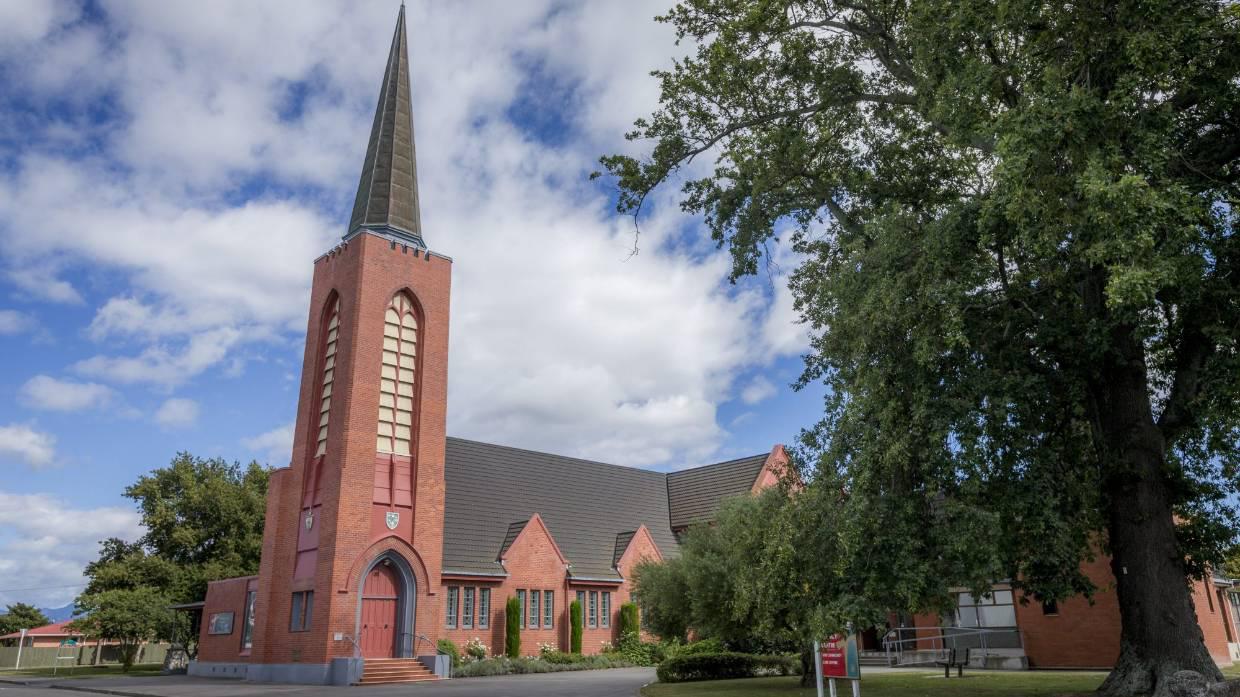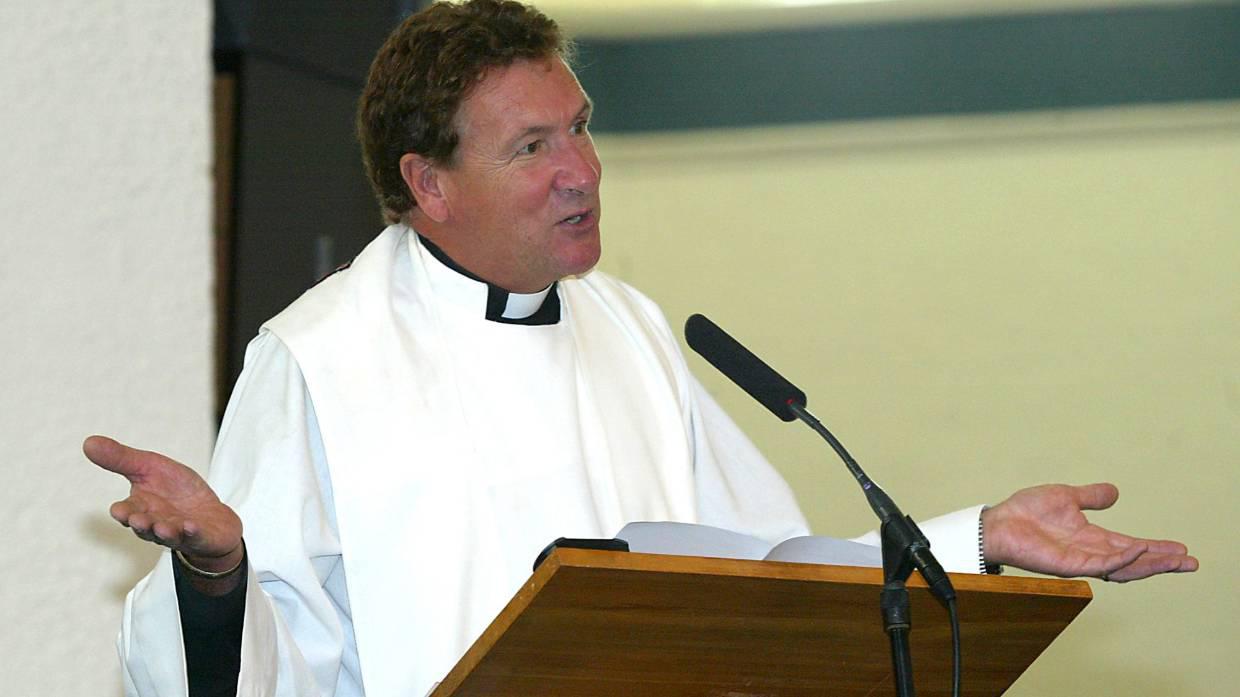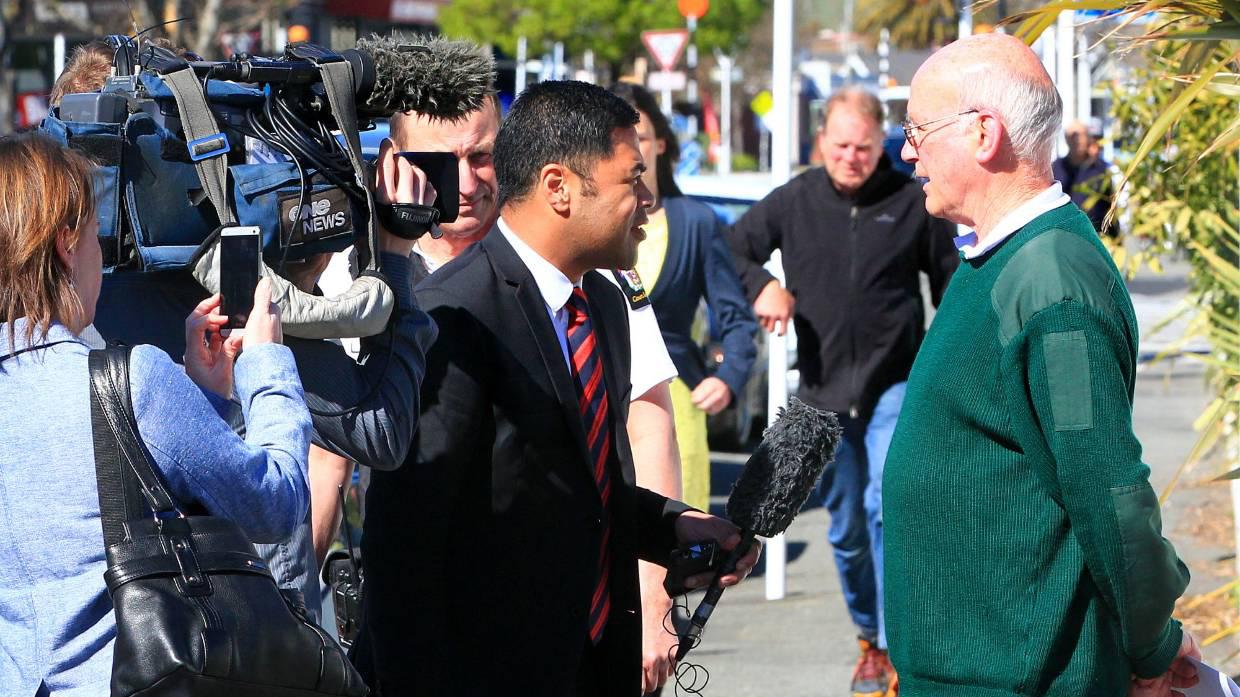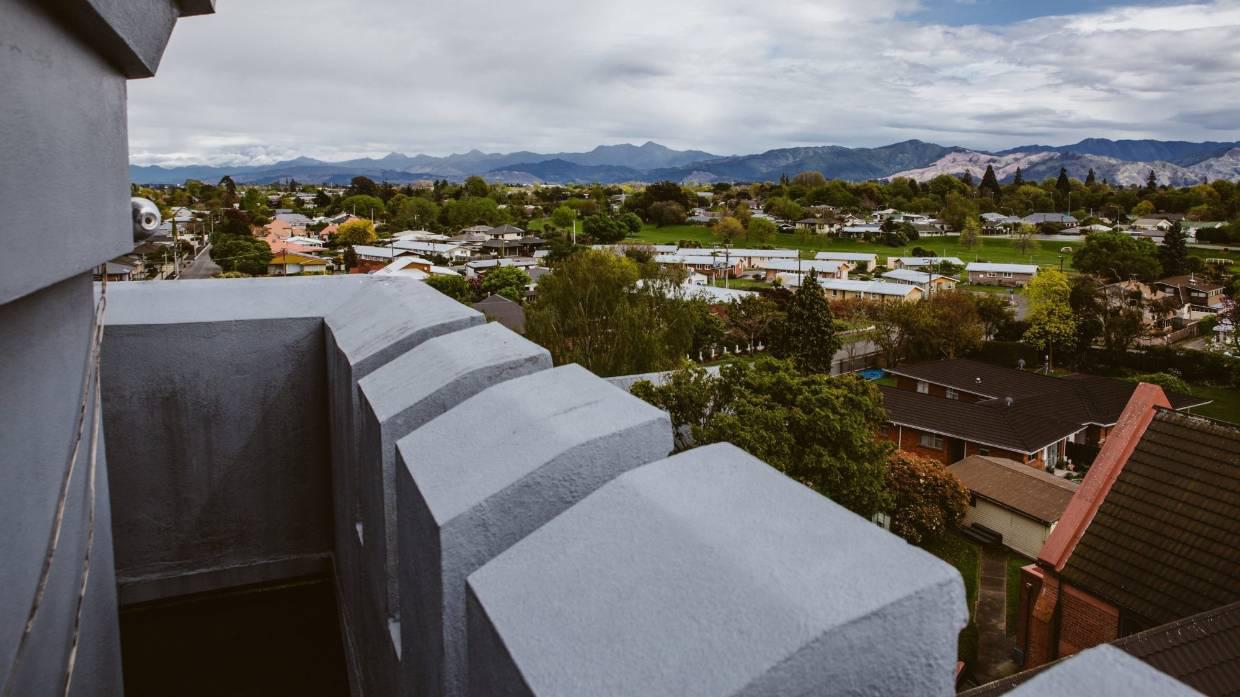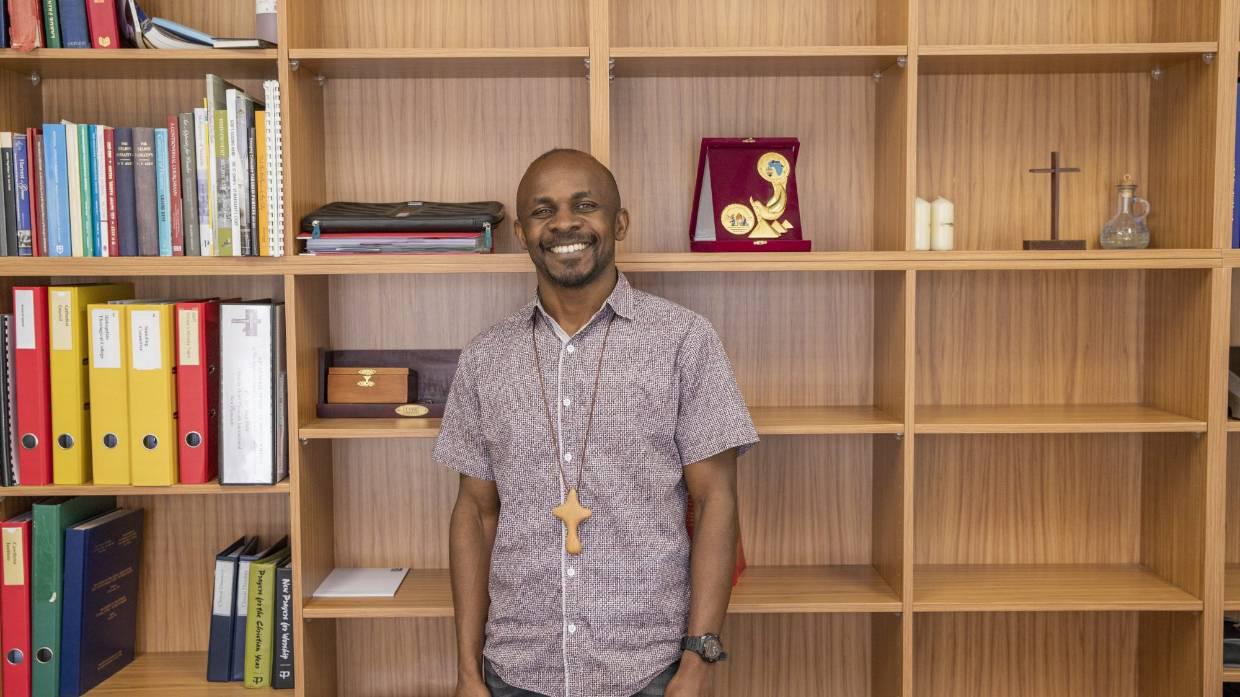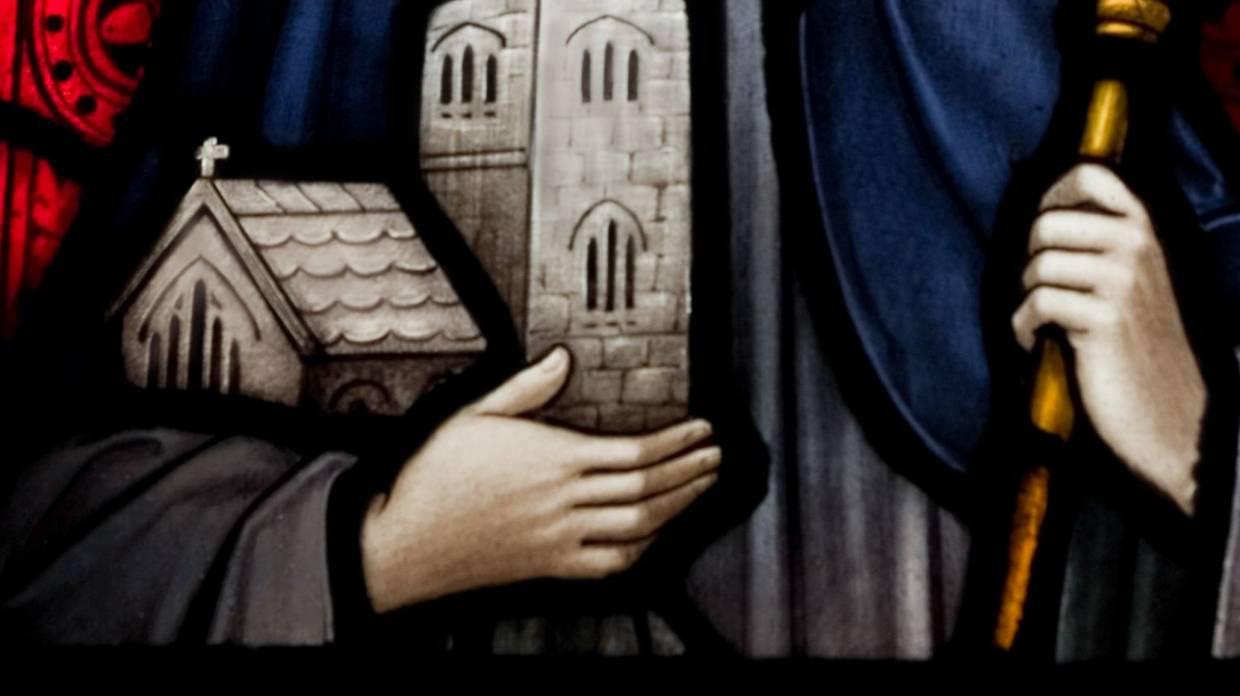|
Woman at the centre of landmark Anglican church settlement on her fight for justice
By Jennifer Eder
A woman whose sexual harassment complaint was brushed off by Anglican church leaders has won a landmark settlement and is embarking on another Human Rights Review Tribunal claim, writes Jennifer Eder. She was not a regular churchgoer until a traumatic event caused her to question the existence of heaven. "I had a basic belief in God, but I'd never explored it," the Blenheim woman said. "I wanted to know, where is that? It's a bit like losing a child in the mall, you have this need to know where they are. What is this place, is it real?" The woman, who can't be identified, is speaking publicly for the first time after her Human Rights Review Tribunal complaint against her local priest and church saw an unprecedented settlement, including an apology from the Anglican Church, and an acknowledgement that its priests are covered by human rights law in New Zealand. The woman became involved with the Nativity Anglican Church in Blenheim when new priest Michael van Wijk arrived. It was 2005 and he was in post-ordination training. When he learnt the woman was suffering post-traumatic stress disorder, he offered her one-on-one counselling. The woman said van Wijk used those sessions to manipulate her and pressure her for sex. She finally told her husband, who was "really angry" and called the church "in a state of shock" to report van Wijk. But none of the church leaders responded for at least a week, she said. "I was a wreck." When vicar Richard Ellena finally met with her, he did not ask what exactly happened. So she wrote a complaint, prompting a meeting with Ellena and then-Bishop Derek Eaton. They said van Wijk had resigned, so the case was closed. They also encouraged her not to go to police, saying it would do more harm than good, she said. "They said that God deals with justice, and that God would deal with him ... They never made contact with me again." Van Wijk's resignation was announced to the church. "Day-to-day life was just horrible. I felt like hiding, I dreaded going anywhere because I didn't want to run into anyone from the church community." She stopped going to church. Five years later, she tried returning to services. But it was hard, as memories of the 'counselling' sessions kept coming back. Then in 2014 the parish priest of St Mary's Catholic Church in Blenheim, Alistair Aidan Kay was charged with indecent assault, and discharged without conviction. The woman realised churches have a formal complaints process, known in the Anglican Church as Title D. "And obviously none of that occurred for me." She made a new complaint about van Wijk and asked for a Title D hearing. She also went to the police, but police said there was not enough evidence to prosecute. So she turned her focus to the church, hoping a formal finding would stop van Wijk practising as a priest elsewhere. By then, Eaton had retired and Ellena was Bishop. Vicar General Tim Mora agreed to investigate. She had to stand up in front of a panel, make her case, and cross-examine people "while trying to hold it together". The panel ruled to depose van Wijk, stripping him of his title, duties and ordination in 2017. He appealed the decision to publish the ruling, but the woman hired a lawyer to convince the church to name him, though the church would not release details of the allegation - just that he was defrocked for "non-consensual sexual conduct". The woman was surprised by her fellow parishioners' reactions, who sometimes discussed the case in front of her without realising she was the anonymous complainant. "People say things like 'why didn't she make a complaint at the time?' and I want to yell out, 'I did'. "There has been a couple of really weird moments ... people moaning that police vetting is so over the top, saying nothing like this had ever happened in the church. "I think a lot of the laypeople don't even know this stuff goes on in the church, and I think a lot of them wouldn't react that way if they knew that. That's why I like the idea of open justice." The woman then contacted the Human Rights Commission, saying she felt morally obligated to take her complaint further. "It might have been easier for me to leave it. But if you don't speak out, nothing changes." The commission said the allegation was too old, but referred her to the Human Rights Review Tribunal. Tribunal lawyer Nura Taefi wanted the Anglican Church to admit liability for its priests as their employer, which had no legal precedent in New Zealand. "The church used some terrible defences; they don't employ the priest, God employs him, because he was called to the job by God, and because you're a priest for life, even when the church stops paying you," the woman said. "They also said technically they don't provide services, so they didn't come under the Human Rights Act." They also claimed the case was too old to be reopened, which the woman found bewildering as the diocese had just deposed van Wijk with their Title D ruling. As a result of the tribunal case the church reached a settlement with the woman in March, apologising for minimising and excusing Van Wijk's behaviour. "It's a weight off my shoulders, to know I'm not in battle with the church any more," the woman said. She received apologies from the now retired Richard Ellena and Derek Eaton, which she considered genuine, and they are on good terms. The church agreed to improve its complaints process, and the vetting, training and supervising of Anglican priests. Bishop Steve Maina, who took over from Ellena last year, said he hoped the church's commitments to changes would show people the church would take complaints seriously in future. "I was very keen to reach a settlement," Maina said. "In the past the church did not engage as well. But in the last year we have, and these were not easy meetings. But the church takes seriously its obligations. "We want people to feel they can tell us what's happening, and they will be taken seriously. We want the church to be a safe place where the light of Christ is shown." Maina said he believed the improved complaints process would also improve the church's transparency relating to complaints and outcomes. "There is so much we have learnt in this process ... even as a society we're moving along a path where we are much more aware of human rights. "I'm so glad she has reconciled and remained with the church, and we can move forward." The settlement included $100,000 compensation, among the highest ever made for sexual harassment in New Zealand. Its apology was also the first time the church publicly acknowledged a second person had complained to the church about van Wijk's behaviour. The apology was read aloud in church a few days before the country went into alert level four lockdown, when only a fraction of the congregation were there. The woman believed churches tried to hide misconduct out of fear it would put people off coming to church, and a reluctance to believe priests were capable of abusing trust. "But when this happens with a teacher at a school, you don't stop sending your child to school. And it's the same with churches, this won't stop people having faith ... When you hear about local cases you just feel glad it was found and dealt with." But there had been a lot of support from people in the church, she said. "I don't feel bitter. I can see why they acted in a lot of the ways they did. They're just behind in so many ways. "People don't realise it's a real risk, and there is a value in vetting people." Van Wijk could not be reached before publication. He is believed to have left the Marlborough region and the church was no longer in contact with him, Mora said when van Wijk's deposition was published in 2018. Another separate Human Rights Review Tribunal hearing is scheduled for June 9, focused on van Wijk rather than the church and its processes. The woman would claim van Wijk breached her right to receive goods or services without being pressured for sex. She was also contributing to a Royal Commission of Inquiry into historic abuse in state care and faith-based institutions. "Getting the church to accept they are liable for their priests was the big one," she said. "This should open the door for future complainants ... But also now other churches know they have a responsibility to put more effort into health and safety. Obviously prevention is better than having to be liable when things go wrong."
|
.
Any original material on these pages is copyright © BishopAccountability.org 2004. Reproduce freely with attribution.
